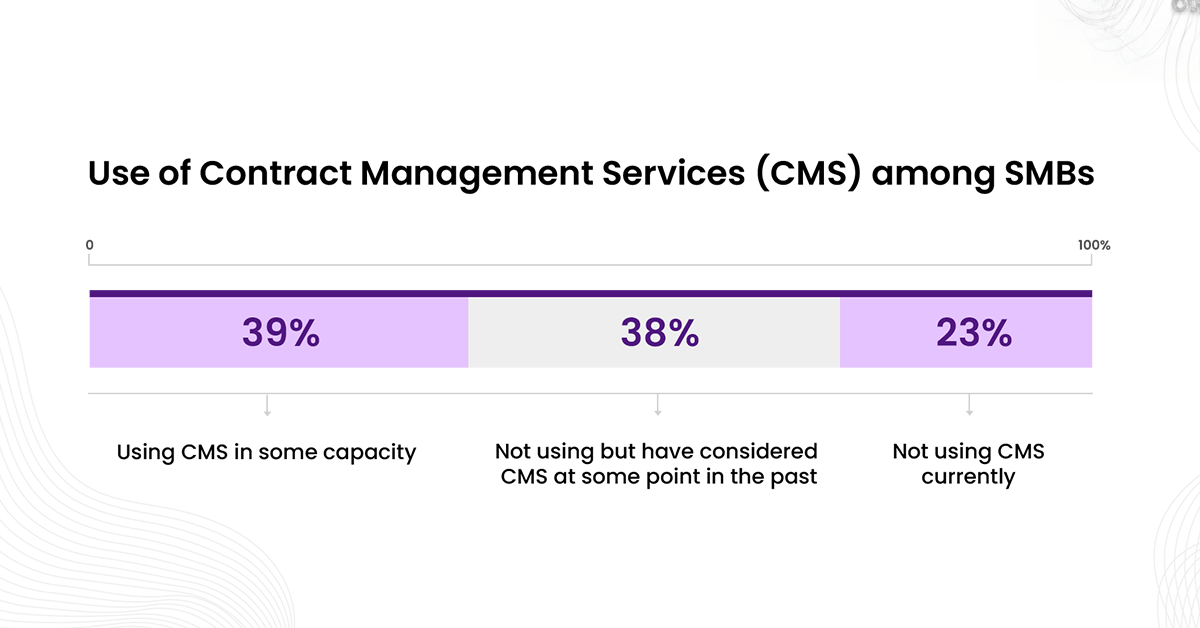(Note: This post was initially published on LinkedIn, and the following iteration is a syndicated and updated version of the same.)
Contracting is difficult enough for big companies. But it can be far more difficult for small and medium-sized businesses.
Drafting and negotiating a contract is something that many small business owners, many of whom are entrepreneurs, simply don’t have a lot of experience doing.
The Complexity of Contracting for Small Business Owners
Whether you’re entering into a contract with another business, an employee, consultant, supplier or financer, it’s best not to go it alone.
Whether you have a lawyer – and many small businesses do not – always assume the other party, no matter its size, has a legal advisor who understands commercial transactions and will want to structure the deal to his client’s advantage.
Unfortunately, small business owners are often constrained by costs, labour, and technology. They may lack counsel to assist with contracting, as well as sales, procurement, finance, or HR advisors who might also assist with contracts.
And we know small businesses whose legal resources – lawyers, paralegals, legal assistants, or just clerks – are genuinely unable to manage contracts because their companies are unstructured, understaffed, overworked, or just plain stretched too thin.
Contractual Elements and Small Business Challenges
While the elements of a contract are relatively straightforward – description of goods or services, price, term, conditions, payment method – contracting for a busy small business can be challenging. The consequences of contract bottlenecks missed deadlines, and lack of regulatory compliance can be costly.
Taking Control: Assessing Small Business Contracting Capabilities
Take a breath. You’ve got this.
The first step small businesses can make in taking control of their contracts is to understand their capabilities, pain points and needs.
Only by truly understanding the gaps in their contracting ability can small businesses begin to evaluate what they need. The answer may be additional full-time contract personnel, a contract services partner, contract management technology; or some combination of them.
Concluding Points
The largest multinationals have contracting issues.
Small and medium-sized businesses have an even greater chance of entering into uneven contract negotiations, especially if the other side has effective contract management and you don’t.
So, find a contract partner who brings Fortune 500-level contract support to smaller companies that can benefit from it the most.




